Obesity has become a widespread issue, leading to social segregation and numerous health problems. The causes of obesity are complex, involving genetic, social, psychological, and behavioral factors. Recently, a innovative approach to weight loss has emerged: Botox for weight loss, also known as stomach Botox. This procedure involves injecting botulinum neurotoxin into specific areas of the stomach using an endoscope. By temporarily restricting stomach muscle contractions, patients experience reduced appetite and delayed gastric emptying, resulting in weight loss. This relatively new technique has shown promise in treating obesity, offering a novel solution for those struggling with weight loss.

What is Gastric Botox?
Gastric Botox, also known as Stomach Botox, is a non-surgical weight loss treatment that involves injecting botulinum toxin (Botox) into the stomach muscle. This procedure aims to reduce hunger and promote weight loss.
Ideal Candidates for Gastric Botox Injections:
Here are the ideal candidates for Gastric Botox injections:
- Individuals with a BMI of 30-40
- Those Who Have Failed to Lose Weight Through Diet and Exercise
- Individuals with Certain Health Conditions
- Those Who Are Not Suitable for Surgical Weight Loss Procedures
- Individuals Who Want a Minimally Invasive Weight Loss Solution
Topmost Benefits:
The topmost benefits of Botox Weight Loss Include:
- Minimally Invasive
- Effective Weight Los
- Reduced Appetite
- Improved Digestion
- Quick Procedure
- Low Risk of Complications
- Temporary Solution
Patients Not Suitable for Botox:
Gastric Botox is a non-surgical weight loss solution suitable for individuals who are slightly overweight. This procedure works by temporarily paralyzing stomach nerves and muscles, reducing appetite and slowing nutrient absorption. The effects of Gastric Botox typically last 4-6 months. It’s essential to note that this procedure is not designed for severely obese individuals, as it can help reduce weight by approximately 15-20 kilograms.
- Candidates should be in good physical and mental health.
- It's essential to have realistic expectations about the treatment outcomes.
- Non-smokers tend to heal faster and have better results.
- Candidates should not have a history of severe allergies or sensitivities.
What Happens During Gastric Botulinum Toxin Injection?
- You'll be required to fast for several hours before the procedure to ensure your stomach is empty.
- You may be given a mild sedative to help you relax during the procedure.
Results:
The typical results of Gastric Botox is:
- Most patients experience significant weight loss, typically ranging from 10-25% of their initial body weight.
- As weight is lost, patients often notice improvements in body contours, such as a slimmer waistline or reduced fat deposits.
- Gastric Botox can help regulate metabolic function, leading to improved glucose control and reduced blood pressure.
- Many patients report increased energy levels and improved overall well-being following the procedure.
- The effects of Gastric Botox typically last 4-6 months, after which maintenance treatments may be necessary to sustain weight loss.
Pre-operative Instructions:
- Fasting
- Medications
- Avoid Blood Thinners
- Quit Smoking
- Avoid Heavy Meals
- Stay Hydrated
Recovery:
The recovery period following Gastric Botox treatment is remarkably swift. After the procedure, you may need to avoid certain activities and foods for a short period. However, the effects of the treatment become apparent quickly, allowing you to resume your normal routine soon.
Is Bastric Botox Safe?
Gastric Botox is generally considered a safe procedure when performed by a qualified and experienced practitioner. While it’s a relatively low-risk treatment, there are potential side effects and complications to be aware of. Common side effects may include nausea, abdominal pain, bloating, headache, and dizziness. Rare but serious complications can occur, such as gastrointestinal bleeding, infection, or allergic reactions to Botox. To minimize risks, it’s essential to choose a qualified practitioner, follow pre- and post-procedure instructions carefully, and disclose your medical history and any medications you’re taking.
Book Your Appointment With Us!
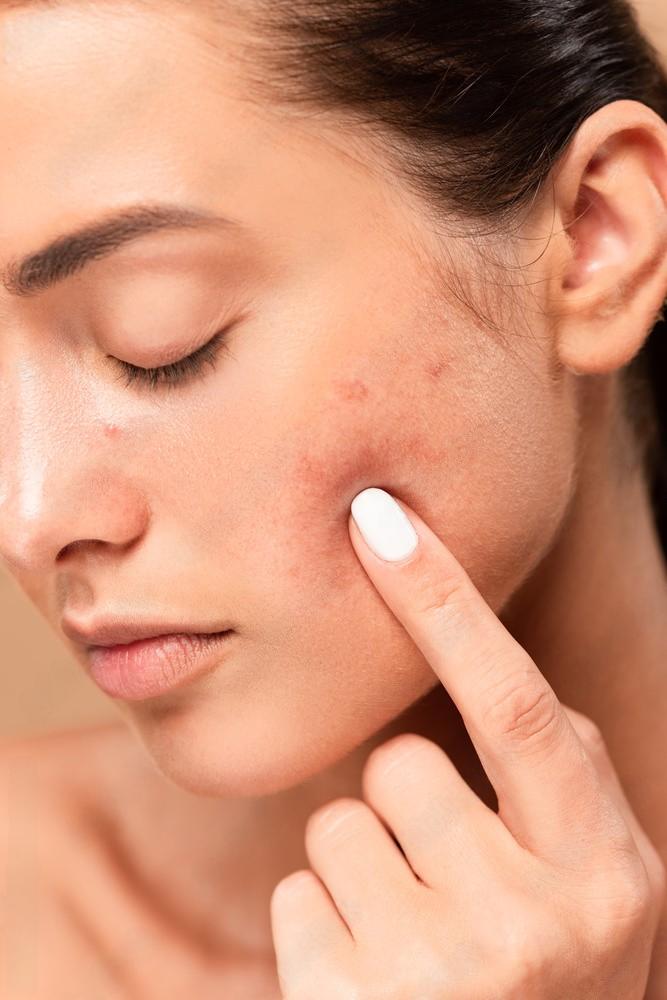
Understanding Acne: Causes, Treatments, and Prevention
September 24, 2024

Summer Skincare Tips: How to Beat the Heat
September 24, 2024
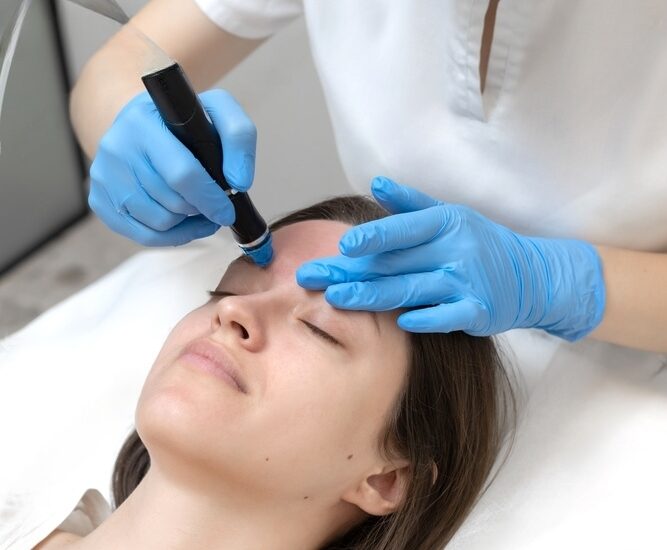
Hydrafacial for Acne-Prone Skin
September 24, 2024
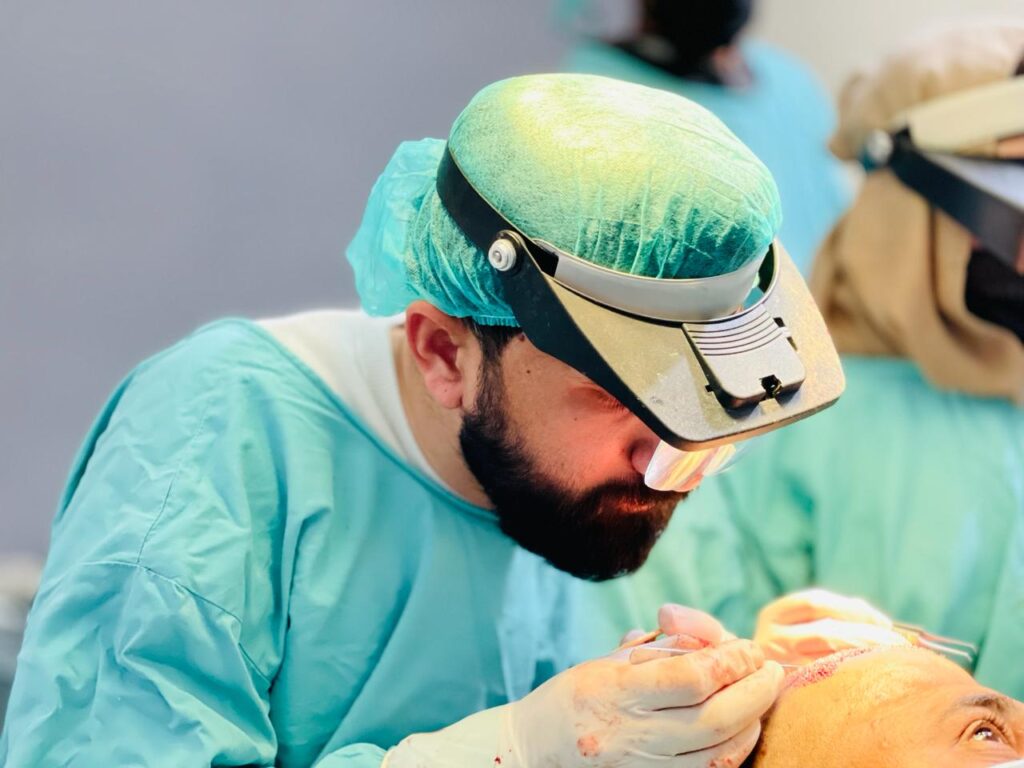
Hair Transplant Techniques: FUE vs. FUT Explained
September 24, 2024
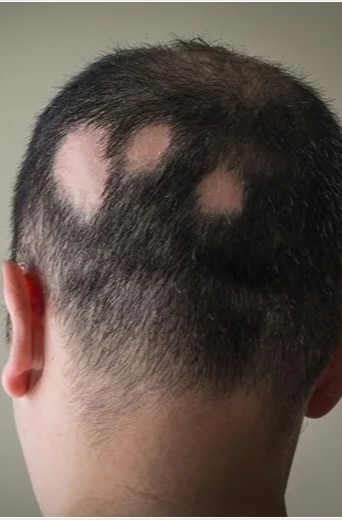
Understanding Alopecia: Types, Causes, and Treatment Options
September 24, 2024
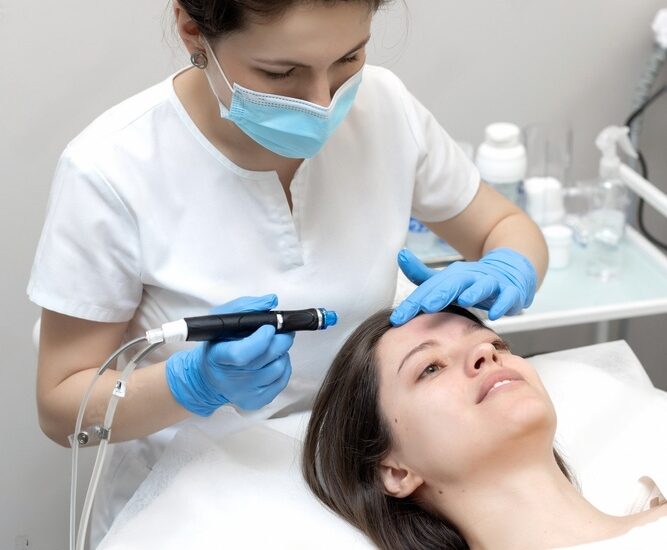
Hydrafacial: The Ultimate Treatment for Healthy, Glowing Skin
September 24, 2024
The Importance of Regular Skin Check-Ups: Why Dr. Abbas Shah Recommends Them
September 24, 2024

Acne Treatment
September 24, 2024
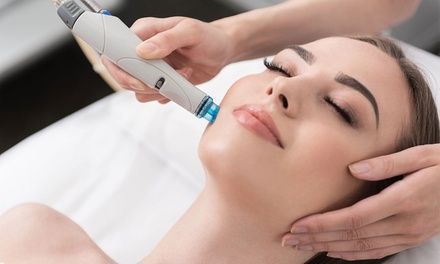
Hydra Facial
September 24, 2024
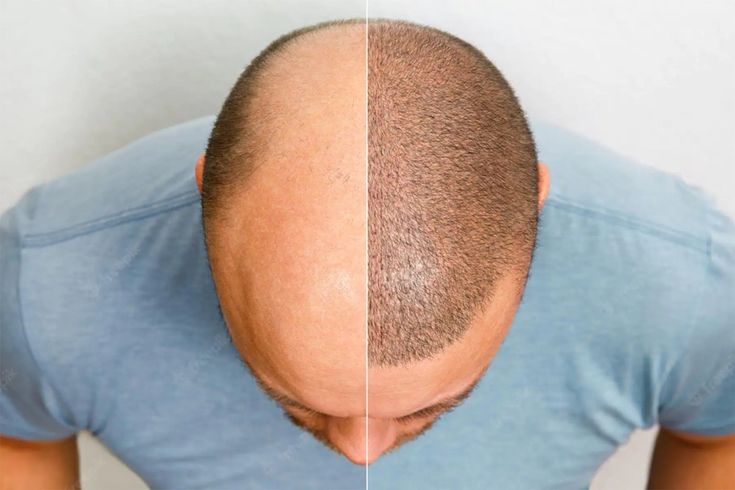
Micro Hair Transplant
September 24, 2024
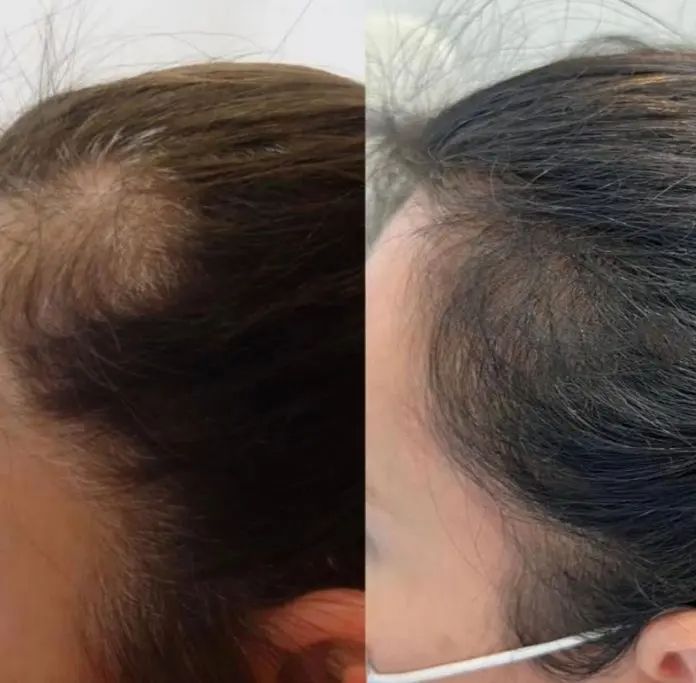
Alopecia
September 24, 2024
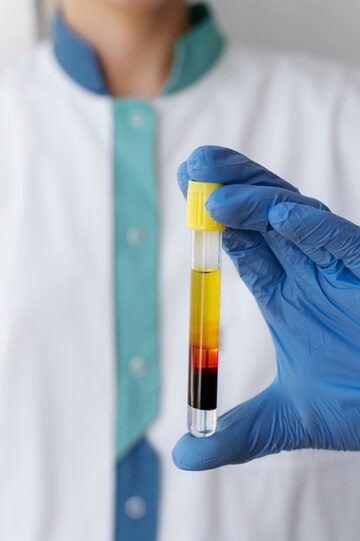
PRP Therapy
September 23, 2024
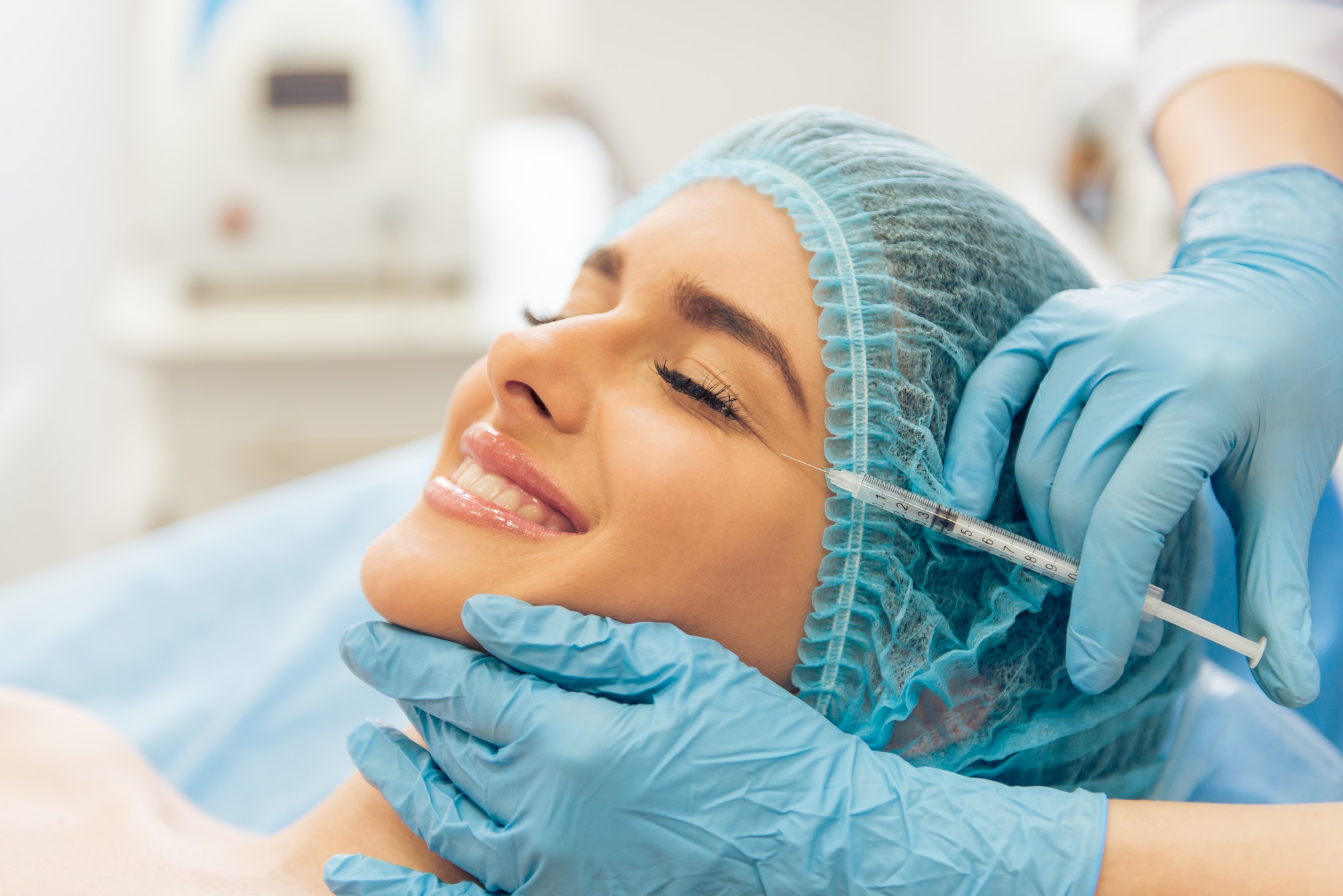
Botox
September 22, 2024
